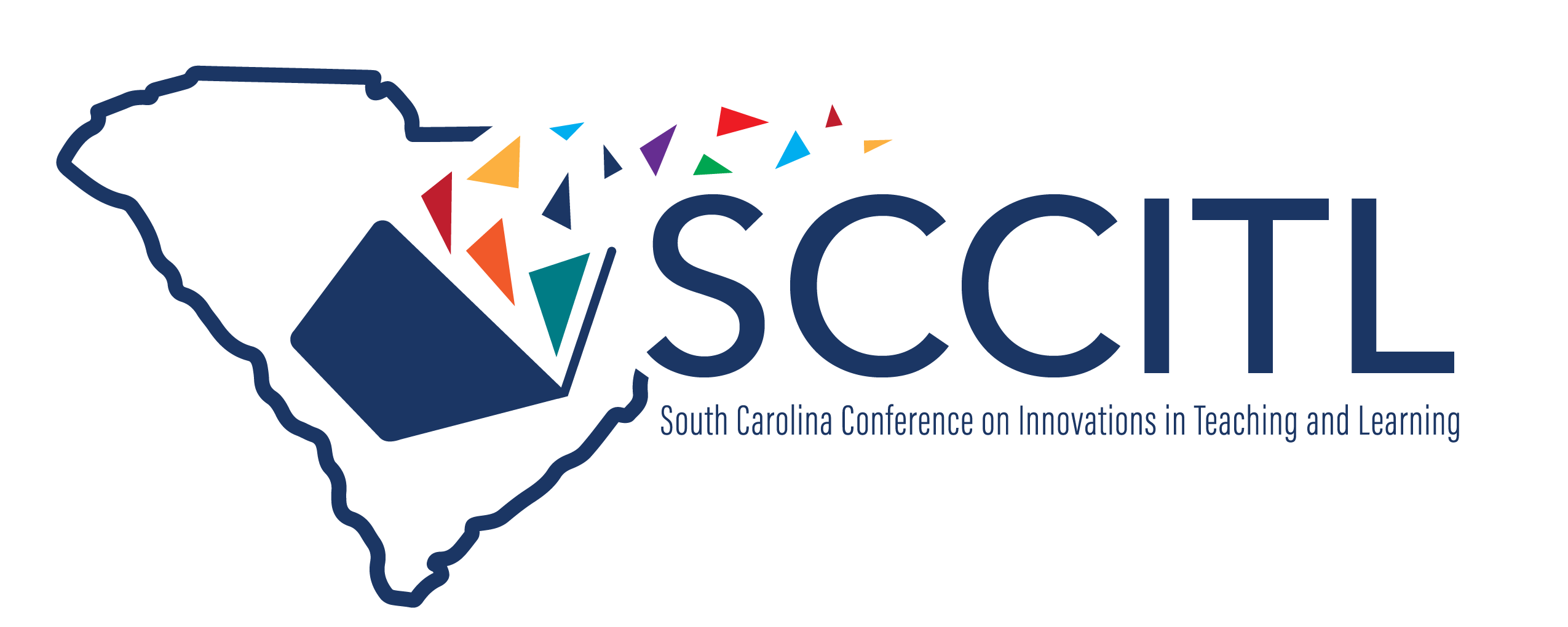Proposal Format
20-minute Presentation
Track Choices
Contemporary Issues in Teaching and Learning
Abstract
Every university library has a myriad of online resources just waiting for faculty and students to discover and use. Faculty will find diverse types of materials (ebooks, journals, magazines, streaming videos, primary sources, images, etc.) that can support or supplement the content they are teaching, sometimes even making a traditional textbook unnecessary. But selecting and organizing items so that students can readily find and engage with them can be a time-consuming and daunting task. In this presentation, two academic librarians will offer suggestions to make it easier for faculty to create and manage engaging course reading lists. We will explore strategies to improve ease of use and student engagement with course reading lists. We will also share freely available online applications and assess them based on a variety of features, including functionality, accessibility, and ease of use. Participants will leave with ideas and strategies to improve course reading lists.
Keywords
reading lists, library resources, technology
Speaker Bio
Ariana Baker is the Scholarly Engagement Librarian at Coastal Carolina University in Conway, South Carolina. Her work focuses on instruction, scholarly publishing, open access and open educational resources. She received a BA in history and an MLIS from Rutgers University. Allison Faix is currently the Instruction Coordinator at Kimbel Library, Coastal Carolina University, in Conway, SC, where she has worked as a librarian since 1999. She earned her MLIS degree from the University of Pittsburgh, and also has an MA in Writing from Coastal Carolina University.
Create Engaging Library Resource Reading Lists
Penny Hall, 201
Every university library has a myriad of online resources just waiting for faculty and students to discover and use. Faculty will find diverse types of materials (ebooks, journals, magazines, streaming videos, primary sources, images, etc.) that can support or supplement the content they are teaching, sometimes even making a traditional textbook unnecessary. But selecting and organizing items so that students can readily find and engage with them can be a time-consuming and daunting task. In this presentation, two academic librarians will offer suggestions to make it easier for faculty to create and manage engaging course reading lists. We will explore strategies to improve ease of use and student engagement with course reading lists. We will also share freely available online applications and assess them based on a variety of features, including functionality, accessibility, and ease of use. Participants will leave with ideas and strategies to improve course reading lists.


